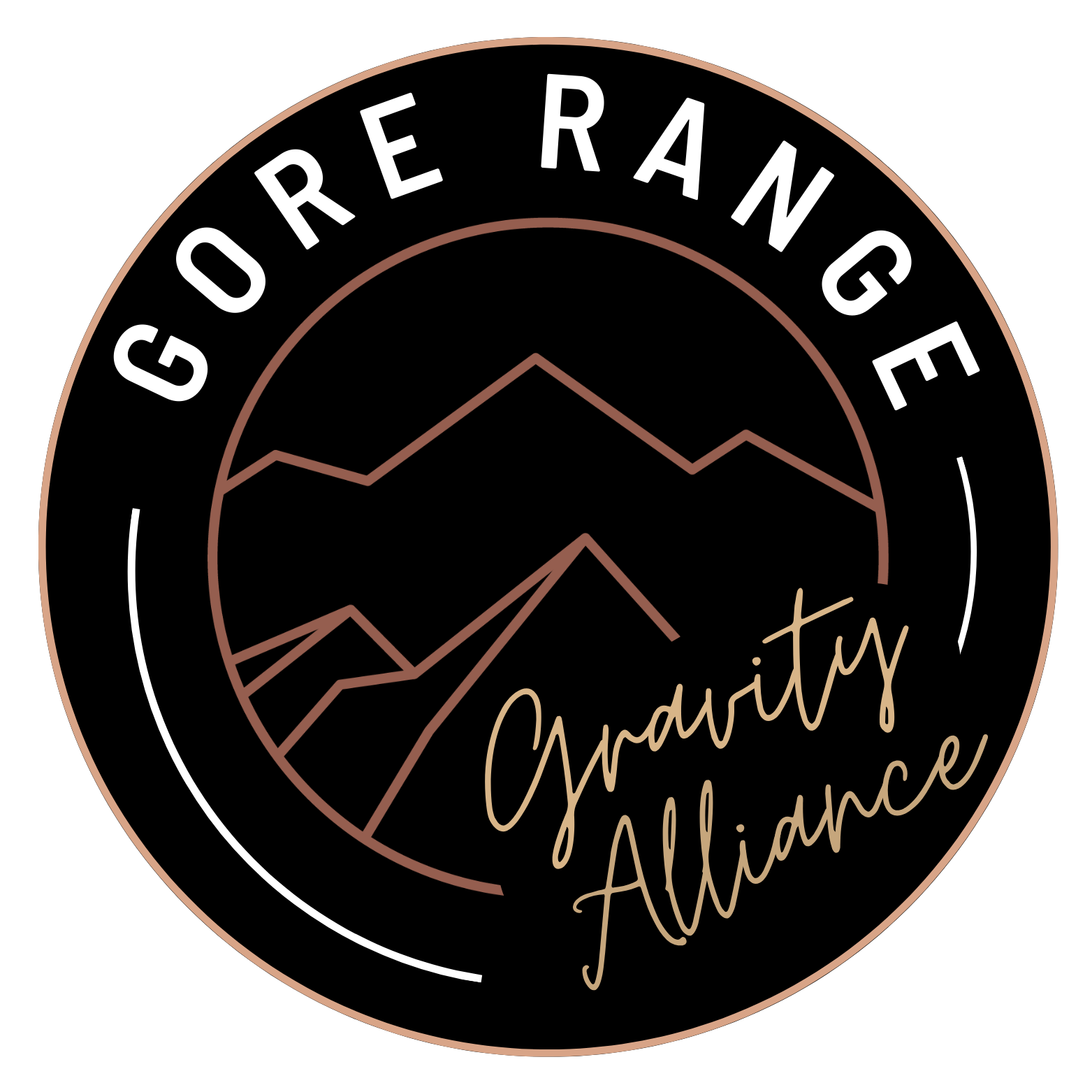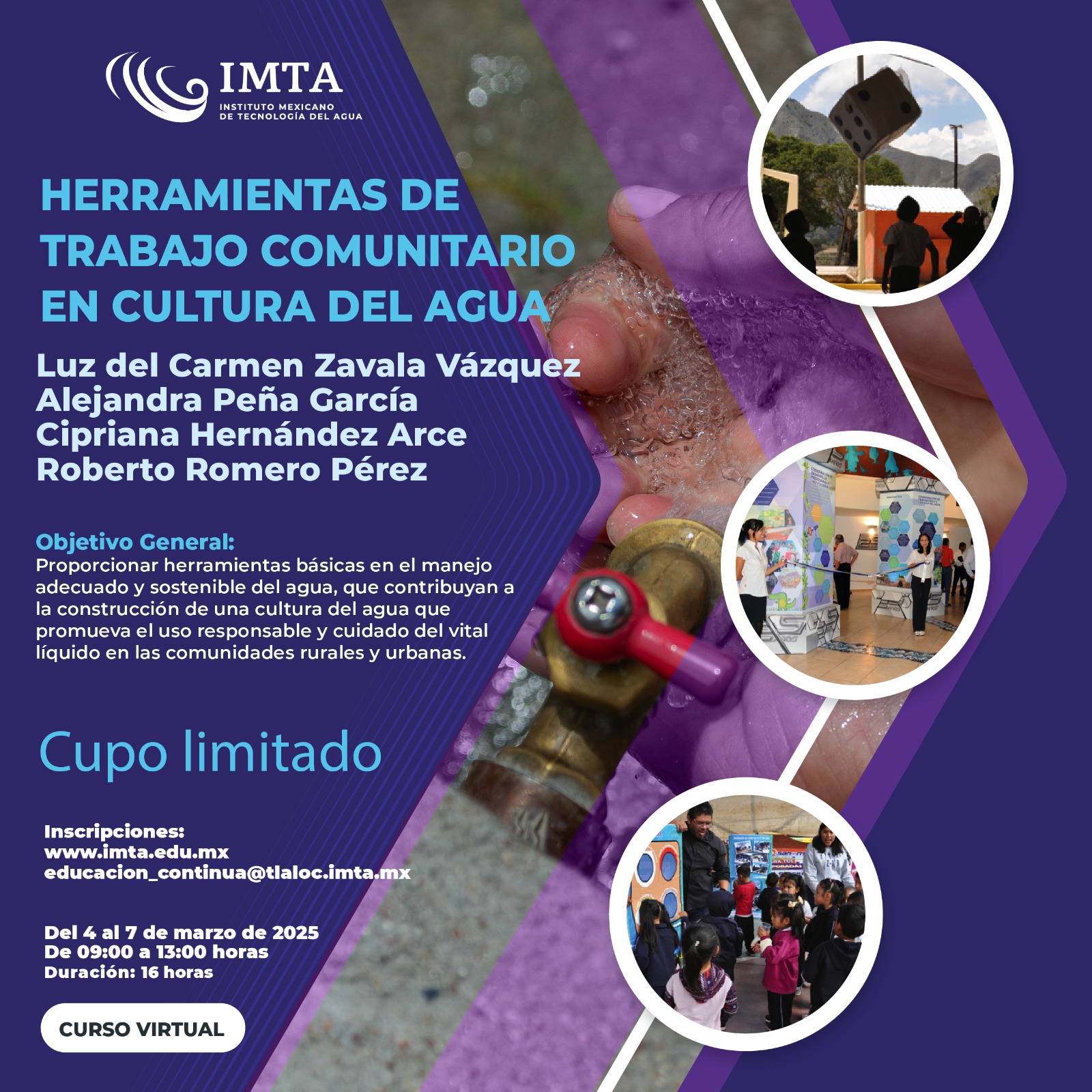What’s The Deal With "Quiero Agua" Video Gore? A Deep Dive Into The Controversy
Alright, let’s get real for a second. If you’re here because you stumbled upon the phrase “quiero agua video gore,” chances are you’re either super curious or deeply confused. And honestly, who could blame you? The internet has a way of throwing us curveballs that leave even the most tech-savvy individuals scratching their heads. So, buckle up, because we’re about to break this down in a way that’s both informative and easy to digest.
Let’s face it, the phrase “quiero agua” translates to “I want water” in English. Pretty harmless, right? But when you attach the word “gore” to it, things take a dark turn. This article isn’t just about the video itself—it’s about understanding the context, the controversy, and the broader implications of such content. We’ll be diving into why this topic matters, what it means for internet users, and how it fits into the larger conversation about online safety.
Before we dive headfirst into the deep end, let’s set the stage. This isn’t just another clickbait article designed to shock or sensationalize. Our goal here is to provide you with the facts, the context, and the tools you need to make informed decisions. So, whether you’re a curious bystander or someone looking to understand the darker corners of the web, this article’s got you covered.
- Decoding Ben Kingsleys Relationships The Untold Story Behind The Legend
- Discovering Ashantis Net Worth A Financial Breakdown 2024 Update
Understanding the "Quiero Agua" Phenomenon
Now, let’s talk about the elephant in the room. What exactly is this “quiero agua video gore” everyone’s talking about? At its core, it refers to a series of videos that have gained notoriety for their disturbing content. These videos often feature individuals in distress, pleading for water, only to be met with violence or worse. It’s the kind of stuff that makes your stomach churn and raises serious questions about ethics, morality, and the role of social media in spreading such content.
Here’s the kicker—this phenomenon isn’t new. In fact, it’s part of a larger trend where shocking or disturbing content is shared online, often under the guise of entertainment. But what makes “quiero agua” stand out is the sheer scale of its reach and the emotional impact it has on viewers. It’s not just about the video itself—it’s about the ripple effect it creates across the internet.
Why Does This Matter? The Bigger Picture
So, why should you care about a video that seems so far removed from your everyday life? Well, the truth is, this kind of content affects all of us, whether we realize it or not. For starters, it highlights the darker side of human nature—the urge to shock, to provoke, and to push boundaries. But more importantly, it raises questions about responsibility. Who’s responsible for regulating this kind of content? Is it the platforms hosting it, the creators producing it, or the viewers consuming it?
- Why Lee Majors Endures Exploring The Life And Legacy Of An Icon
- The Tumultuous Amy Winehouse Relationship Exploring Love Addiction Amp Impact
Think about it. Every time you scroll through your social media feed, you’re exposed to a wide range of content. Some of it’s harmless, some of it’s entertaining, and some of it’s downright disturbing. The problem is, it’s not always easy to tell the difference. That’s where the conversation about online safety and digital literacy comes in.
Breaking Down the Controversy
Let’s take a closer look at the controversy surrounding “quiero agua video gore.” On one hand, you’ve got those who argue that freedom of expression is paramount. They believe that people should have the right to create and share whatever content they want, as long as it’s legal. On the other hand, you’ve got those who believe that certain types of content have no place on the internet. They argue that it’s not just about legality—it’s about morality and the impact it has on society.
And then there’s the issue of misinformation. With so much content being shared online, it’s hard to know what’s real and what’s fake. This is especially true when it comes to videos like “quiero agua,” where the lines between truth and fiction are often blurred. It’s a slippery slope, and one that’s becoming increasingly difficult to navigate.
Where Does the Responsibility Lie?
When it comes to content like “quiero agua video gore,” the question of responsibility is a tricky one. Should social media platforms be held accountable for the content shared on their platforms? Or is it up to individual users to decide what they want to consume? The truth is, it’s probably a bit of both.
Social media platforms have a responsibility to ensure that their platforms are safe and respectful places for everyone. That means implementing policies and guidelines that prohibit harmful or disturbing content. But at the same time, users also have a responsibility to be mindful of what they’re consuming and sharing online. It’s a two-way street, and both sides need to do their part.
The Psychological Impact of Watching Such Content
Now, let’s talk about the elephant in the room—the psychological impact of watching videos like “quiero agua.” Let’s be real for a second. This kind of content can have a profound effect on your mental health. It can trigger feelings of anxiety, depression, and even trauma. And let’s not forget, it can also desensitize you to violence and suffering, making it harder to empathize with others.
So, before you hit play on that video, take a moment to consider the consequences. Is it really worth it? Is the temporary thrill of shock or curiosity worth the potential long-term effects on your mental well-being? It’s a question only you can answer, but it’s one worth asking.
How to Protect Yourself Online
Okay, so you’ve decided that watching “quiero agua video gore” isn’t for you. But how do you protect yourself from similar content in the future? Here are a few tips:
- Enable content filters: Most social media platforms offer content filters that allow you to block or restrict certain types of content. Take advantage of them!
- Be mindful of what you click: If something seems too shocking or sensational to be true, it probably is. Trust your gut and avoid clicking on links that seem suspicious.
- Report harmful content: If you come across content that violates platform policies or makes you feel uncomfortable, report it. Your actions can help make the internet a safer place for everyone.
The Role of Digital Literacy
Digital literacy is more important than ever in today’s world. It’s not just about knowing how to use technology—it’s about understanding how to navigate the digital landscape safely and responsibly. This means being able to critically evaluate the content you consume, recognize misinformation, and make informed decisions about what you share online.
So, how do you become digitally literate? It starts with education. Whether it’s through formal programs or self-guided learning, taking the time to educate yourself about online safety and digital citizenship is crucial. And don’t forget, it’s a lifelong journey. Technology is constantly evolving, and so should your understanding of it.
What the Experts Say
According to a study published in the Journal of Cyber Psychology, exposure to violent or disturbing content online can have lasting effects on mental health. The study found that individuals who frequently consumed such content were more likely to experience symptoms of anxiety and depression. In addition, they were more likely to develop a desensitization to violence, making it harder for them to empathize with others.
Dr. Jane Smith, a leading expert in digital psychology, adds, “The internet has given us access to a wealth of information, but it’s also exposed us to some of the darkest corners of human nature. It’s up to us to navigate this space responsibly and with intention.”
Conclusion: What Now?
So, there you have it. The “quiero agua video gore” phenomenon isn’t just about a single video—it’s about the larger issues of online safety, digital literacy, and responsibility. Whether you’re a creator, a consumer, or a platform, we all have a role to play in shaping the digital landscape.
Here’s what you can do moving forward:
- Be mindful of the content you consume and share online.
- Educate yourself about digital literacy and online safety.
- Report harmful content and advocate for safer online spaces.
And most importantly, remember that your mental health matters. If you ever feel overwhelmed or triggered by something you’ve seen online, don’t hesitate to reach out for support. You’re not alone, and there are people who care.
Table of Contents
- Understanding the "Quiero Agua" Phenomenon
- Why Does This Matter? The Bigger Picture
- Breaking Down the Controversy
- Where Does the Responsibility Lie?
- The Psychological Impact of Watching Such Content
- How to Protect Yourself Online
- The Role of Digital Literacy
- What the Experts Say
- Conclusion: What Now?
- Breaking Timothee Chalamet Age How Old Is He Now Revealed
- Who Are Michael Ealys Siblings Info You Need

Pegasus Trail 5 GORETEX 'Sequoia and Cargo Khaki' (HQ7494300) Release
.png?format=1500w)
How Al Gore Paid His Way To Influence And Sustainability

Herramientas de trabajo comunitario en cultura del agua (IMTA) Agua